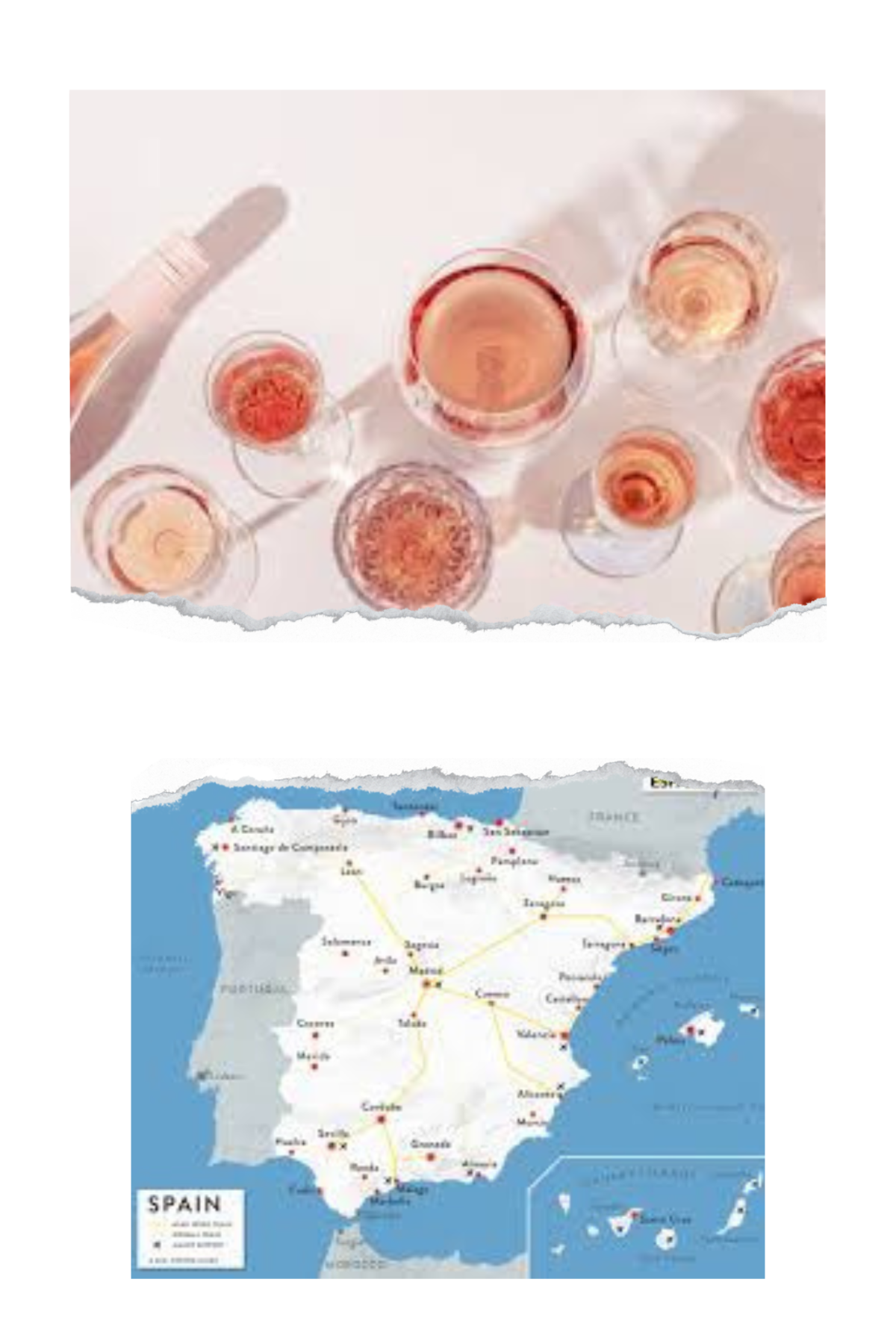A recent study by Spanish researchers concluded that ultrasound improves wine quality by shortening maceration time.
In 2019, The International Organization of Vine and Wine (OIV) approved the use of ultrasound to favor the extraction of grape compounds, its application in obtaining superior quality red wines has been widely studied.
Spanish researchers have turned their attention to rosé, a booming market that has experienced strong growth over the past 15 years. A research team from the University of Castilla-La Mancha, and the University of Murcia in Spain used high-powered ultrasound technology to treat crushed Monastrell grapes, a process known as sonication. They compared the resulting rosé with the wine obtained after a four-hour maceration period.
The research team described the improvements in color and sensory profile of the sonicated wine compared to the macerated sample, here are their findings: https://onlinelibrary.wiley.com/doi/10.1002/jsfa.12757
Professor Encarna Gómez Plaza, from the University of Murcia explained the importance of the research for the wine industry. He stated that “the ultrasonic application was primarily designed to reduce maceration time in red wine vinification. However, experiments with white wines have shown that the aromatic fraction can be increased by sonicating crushed grapes. Therefore, we decided to study the effect of ultrasound on rosé wines, something that had not been done before.”
Prolonged maceration can cause oxidation of certain compounds in the wine, leading to a bitter taste and other undesirable effects.. This is where ultrasounds come in. Ultrasonic sonication causes the cells in the skin of the grape to rupture, allowing the desirable compounds to be extracted in a significantly shorter steeping time, thus reducing the adverse effects of oxidation.
Sensory analysis of the wines by a panel revealed that the ultrasonic rosé had superior aromas
“Sonication resulted in wines with intense aromas of red fruits and flowers, with higher scores than wines from macerated grapes,” the authors note.
Analysis of the chemical composition supported this claim: ultrasonication improved the extraction of several volatile aroma-enhancing compounds, such as terpenes, which can give off a floral or citrus fragrance.
The team hopes that this study will draw attention to the potential of ultrasonic technology to produce high-quality rosé wines. Now they are studying other applications of high-power ultrasound in the wine industry.

